
If you don’t fully understand the world of cryptocurrency and NFTs, you’re not alone. But, for newcomers, there are a handful of must-know cryptocurrency and NFT terms to help you on your journey
To a newcomer, the odd language and unfamiliar terms can make entering this strange corner of cyberspace more than a little daunting.
Ignorance is certainly bliss, but ignoring the cryptocurrency and NFT space has become an increasingly difficult endeavor. Let’s discuss some must-know terms for navigating this brave new world.
1. Airdrop
In a cryptocurrency and NFT context, airdrop means to send a free digital asset to a wallet, often as part of a promotion or event.
2. Ape in
To “ape in” is to purchase a new cryptocurrency or NFT without doing proper research. If you don’t fully understand the project you’re investing in, you could be in for a surprise or two.
3. Asset
Asset refers to a digital asset, such as cryptocurrency or an NFT.
4. Blockchain

Blockchains are decentralized systems that facilitate cryptocurrency transactions using peer-to-peer networking, ensuring integrity and unalterable records.
5. Bridge
Bridges facilitate the transfer of NFTs from one blockchain to another.
6. Burning
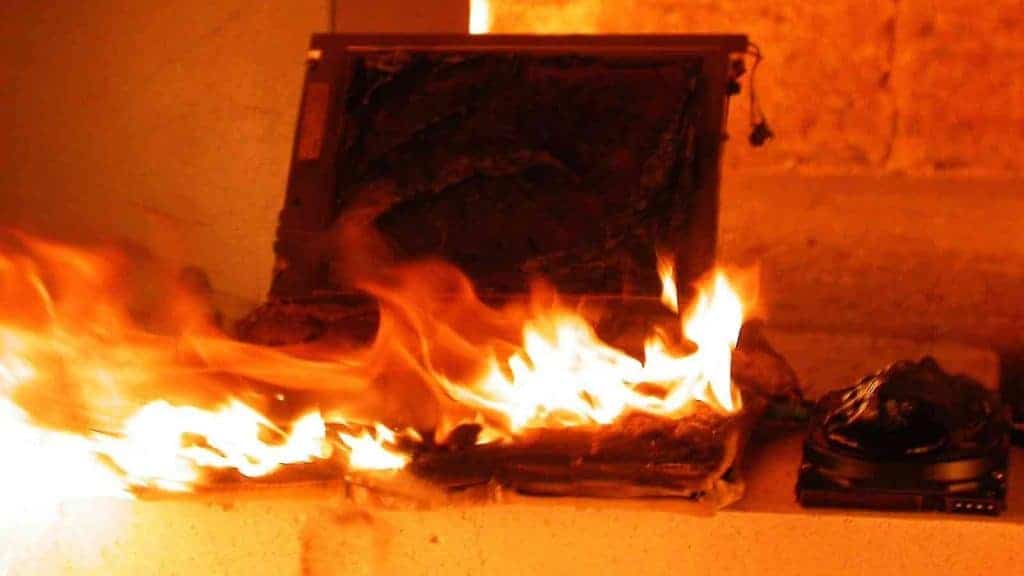
Burning involves sending an NFT to a crypto address that no one controls in order to remove the asset from the blockchain. When you burn a digital asset, you are essentially deleting it.
7. Copycat
Copycat NFTs mimic another’s work, minting it on the blockchain to make money and defraud consumers.
8. Cryptocurrency
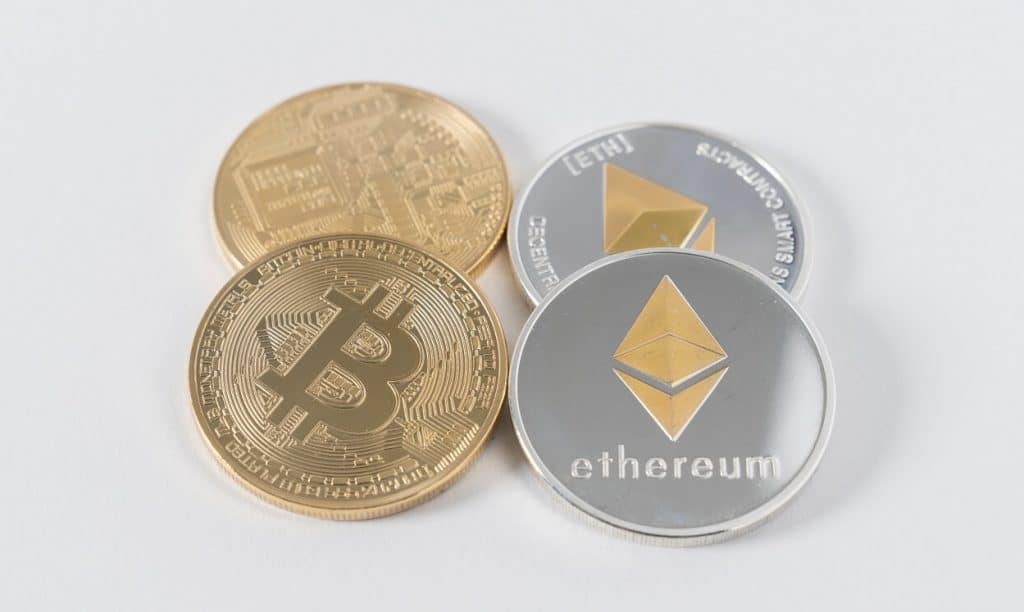
Cryptocurrency, such as Bitcoin and Ethereum, is digital currency that uses blockchain technology to ensure secure and accurate transactions.
9. Crypto wallet
Crypto wallets are used to store cryptocurrency and NFTs either on a device or online platform.
10. Crypto wallet address
Wallet addresses are unique identifying keys used to send cryptocurrency and NFTs to a specific person’s wallet.
11. Delist
To delist is to cancel an NFT that’s listed for sale. This can occur for multiple reasons, including copyright infringement.
12. Diamond hands
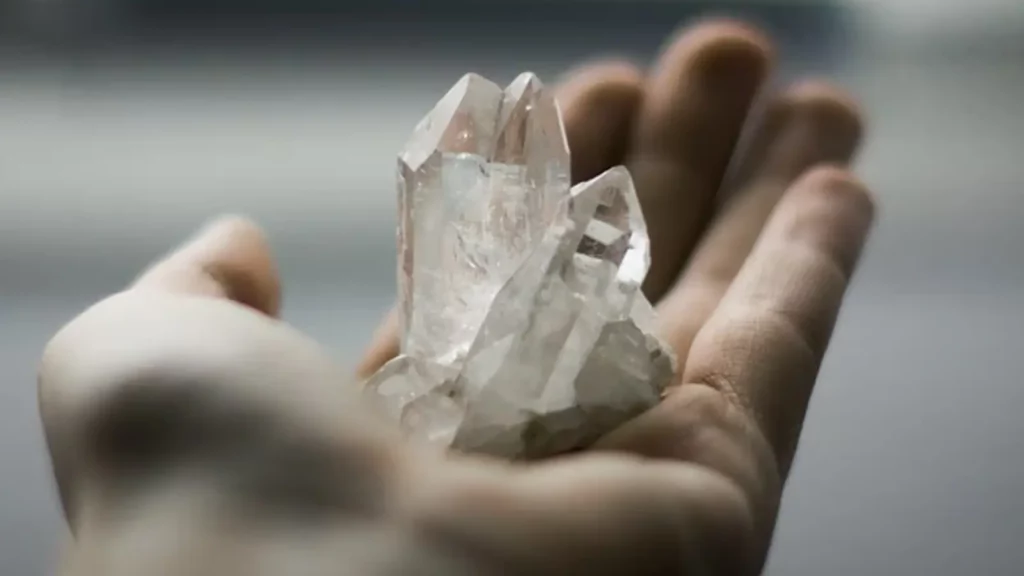
Diamond hands don’t sell their NFTs due to the pressures of increasing or decreasing value. An investor who hangs on to an asset for too long and to their own detriment is considered diamond hands.
13. DOA
DOA stands for Decentralized Autonomous Organization. Complete control never lies with a single entity, and members vote on all important changes. Additionally, code is publicly available to ensure the integrity of the system.
14. Ethereum
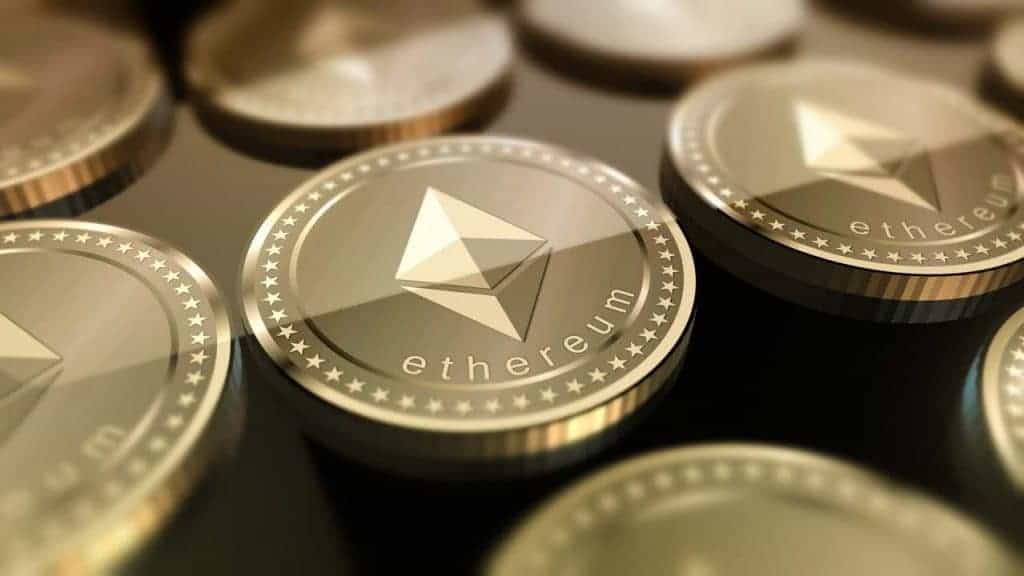
Ethereum is a popular blockchain used for NFTs and the cryptocurrency Ether (ETH).
15. Flipping
Flipping involves buying an NFT at a low price and later selling it to make a quick profit.
16. Floor price
The floor price is the lowest amount you can pay to purchase an NFT before it enters the secondary market.
17. FUD
FUD stands for “fear, uncertainty, and doubt” and can relate to negative rumors about a particular project.
18. Gas fee
Gas fees are payments made to blockchain miners to compensate for the energy used in facilitating transactions.
19. Marketplace
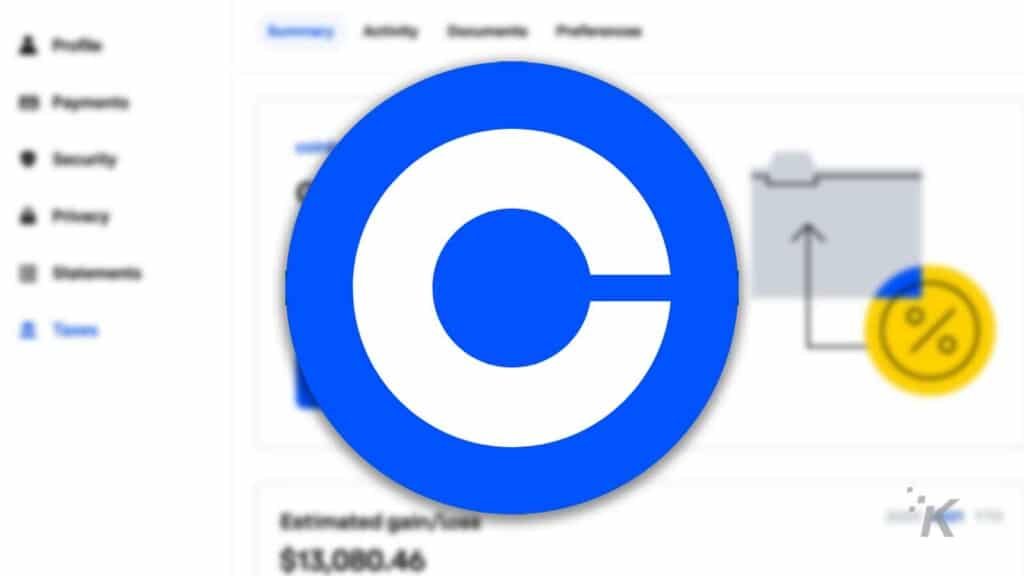
Marketplaces are platforms for buying cryptocurrency and NFTs. OpenSea is one of the most-known NFT marketplaces. Coinbase (pictured above), on the other hand, is known for more standard cryptocurrencies.
20. Metadata
Metadata is all the technical information about an NFT or other digital asset.
21. Metaverse
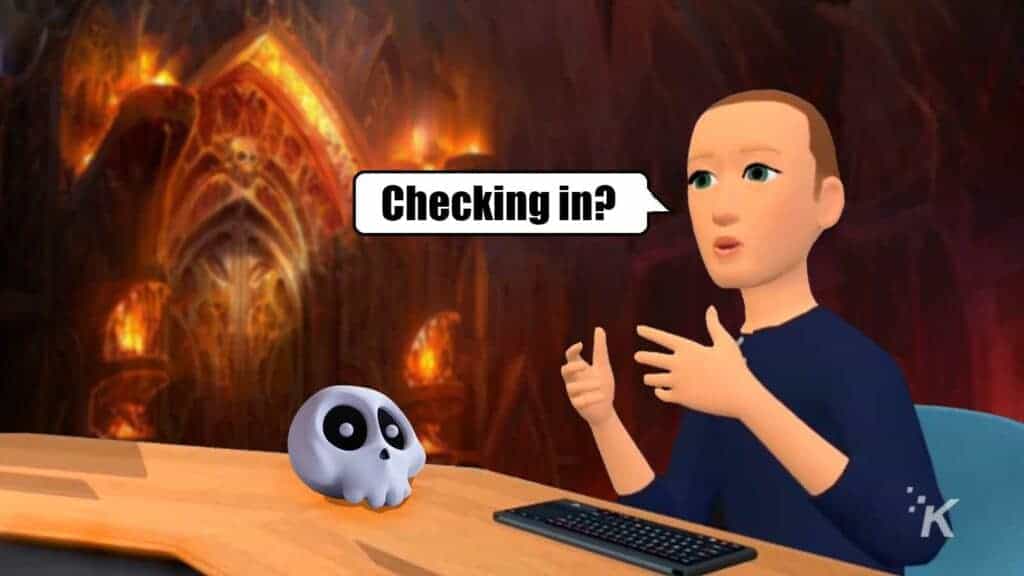
The metaverse is our first step to abandoning the physical realm and becoming one with the machines.
22. Minting
Minting is publishing an NFT on the blockchain for purchase and trade.
23. Paper hands
Paper hands is the opposite of diamond hands and describes someone who immediately sells under pressure.
24. OpenSea
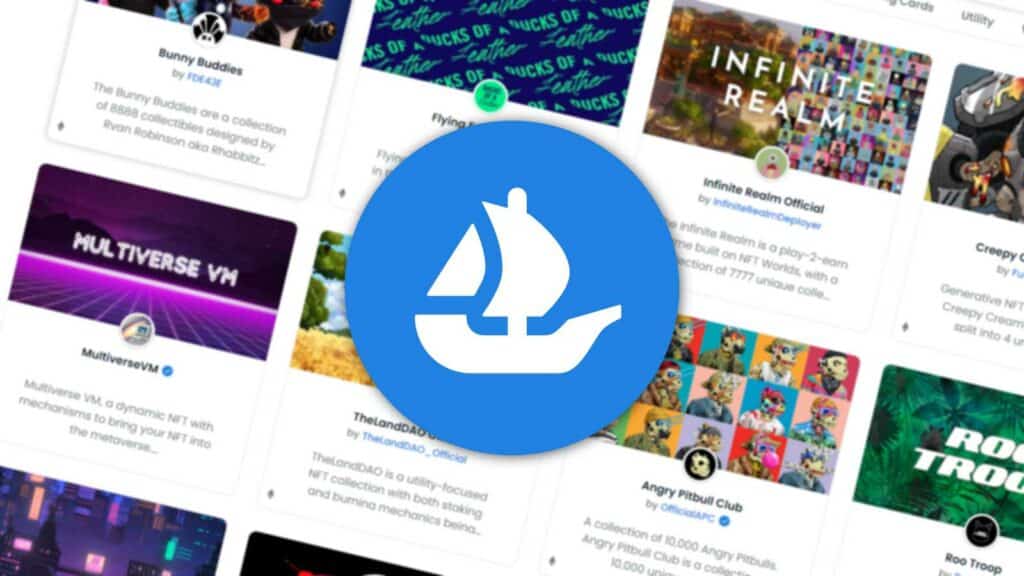
OpenSea is a popular NFT marketplace that supports Ethereum, Polygon, Klatyn, and Solana blockchains.
25. P2E
P2E stands for play to earn and describes games in which players receive NFTs or cryptocurrency for playing. Axie Infinity is an example of a P2E game.
26. Rug pull
A rug pull occurs when the creators of a fraudulent NFT project make off with investors’ money without delivering the promised product.
27. Secondary market
Secondary markets, such as OpenSea and Magic Eden, are where NFTs are resold after the initial sale by the artist.
28. Smart contract
Smart contracts are stored on the blockchain as lines of code and automatically execute under certain conditions.
29. Staking
Staking involves temporarily locking up an NFT in order to earn passive income in the form of cryptocurrency. Increased rewards often motivate owners to lock up their assets for longer periods of time.
30. To the moon
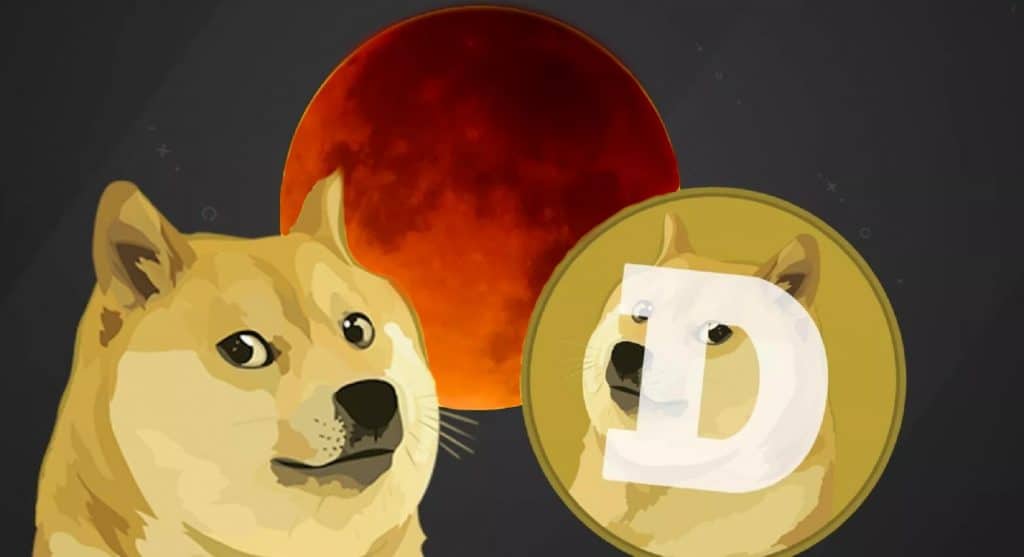
To the moon is a statement made when the price of a digital asset is going up. When something is mooning, its value is rising rapidly.
Learning the language of the blockchain
Learning a few common terms won’t make you a crypto or NFT expert, but it will provide you with the language needed to navigate this unfamiliar realm.
While some terms are fairly self-explanatory, others are a little more obscure. It’s not uncommon for communities to develop a unique way of speaking that can be difficult for outsiders to decipher.
But once you know the lingo, you’ll be ready to ape in, spread some FUD, and maybe even go to the moon.
Have any thoughts on this? Let us know down below in the comments or carry the discussion over to our Twitter or Facebook.
Editors’ Recommendations:

This news is republished from another source. You can check the original article here.

Be the first to comment